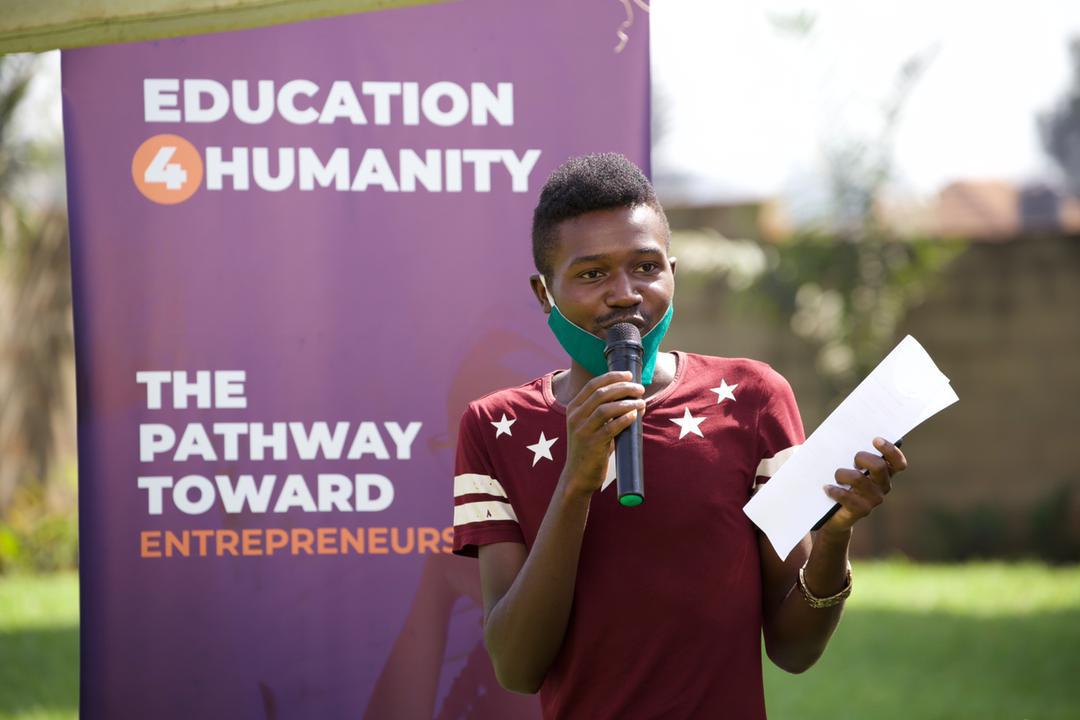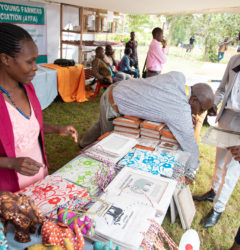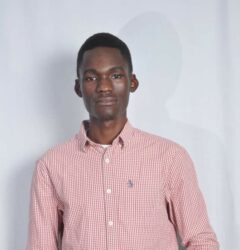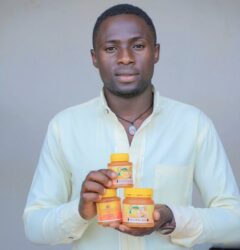08 Feb

Alongside the other states under the canopy of the United Nations, Uganda continues to work towards achieving SDG4 of the United Nations by 2030, which is to provide inclusive and equitable quality education and promote lifelong learning opportunities for all. The state of education in Uganda is well illustrated in The United National Health Survey 2016/17 that shows that 12 percent of school-going age children have never attended school while 48.2% have dropped out of school. Due to the fact that there is a direct correlation between poverty and education, closing the education gap is high on the agenda of Uganda. In recent years, the introduction of Universal Primary Education (UPE) creating opportunity for millions of children to enroll in school epitomizes the positive outcomes of these reforms. However, the promise of equity and equality in education remains elusive.
The Innovation Village is throwing its weight into the global and local efforts to bring about equity and equality in education through its activities under the NextWave Program that collaborates with The MasterCard Foundation.
This year, Arizona State University partnered with The Innovation Village on a project called Education for Humanity geared towards supporting refugees. Owing to four years of Ecosystem building on the ground here in Uganda, The Innovation Village on this project is co-developing a curriculum for young entrepreneurs. This curriculum will enable an entrepreneur to develop their business right from ideation stage to scaling.
In search for the eligible beneficiaries, YARID- Young African Refugees for Integral Development, a nonprofit organization working with Refugees in Nsambya availed its pool of young refugees from the countries neighboring Uganda like DR. Congo, Somalia et al whom it has been providing English classes and Digital skilling classes.
Musudo Christian is a young refugee from DRC Congo who has lived in Uganda for a year and started a business started with the foundational skilling from YARID. He was able to do that after learning English and basic computer skills from YARID Training. Together with his brother, they created a Sound Business, where they rent out music equipment for functions, and church services in their community after noticing a gap in the community. When the lockdown descended on the country, the business built on social gatherings plummeted but Musudo and his brother then branched out into producing music. He feels passionate about entrepreneurship and is optimistic about the Education for Humanity Course.
Musudo and 29 other young people are part of the pilot class that will be taken through five course units of the training programme. The program’s both online and offline. Classes will take place online but will be strongly supported by one on one facilitation from the facilitators on ground.
This program is the first of a larger project that will be helping minority communities in this case refugees and for a country that hosts the second largest number of Refugees in Africa, the program has the potential to improve the lives of a large minority while closing the educational gap.
Beyond Nsambya and the thirty young men and women in this cohort, The Innovation Village plans to continue collaborating with grassroot organizers working towards closing the education gaps and take this project to larger refugee camps where more especially women will be empowered through The Innovation Village ventures such as Upskill that will dispatch skills in Software Development, Product Design, Data Analysis, Social Entrepreneurship, Technology Commercialization, Project Management, Business Finance, Operations, and the Creative Arts & the Tukole venture that will provide a digital platform for blue collar workers. It’s only the start of a great task that will be surmounted with the continued cooperation throughout the entrepreneurial ecosystem.










Recent Comments